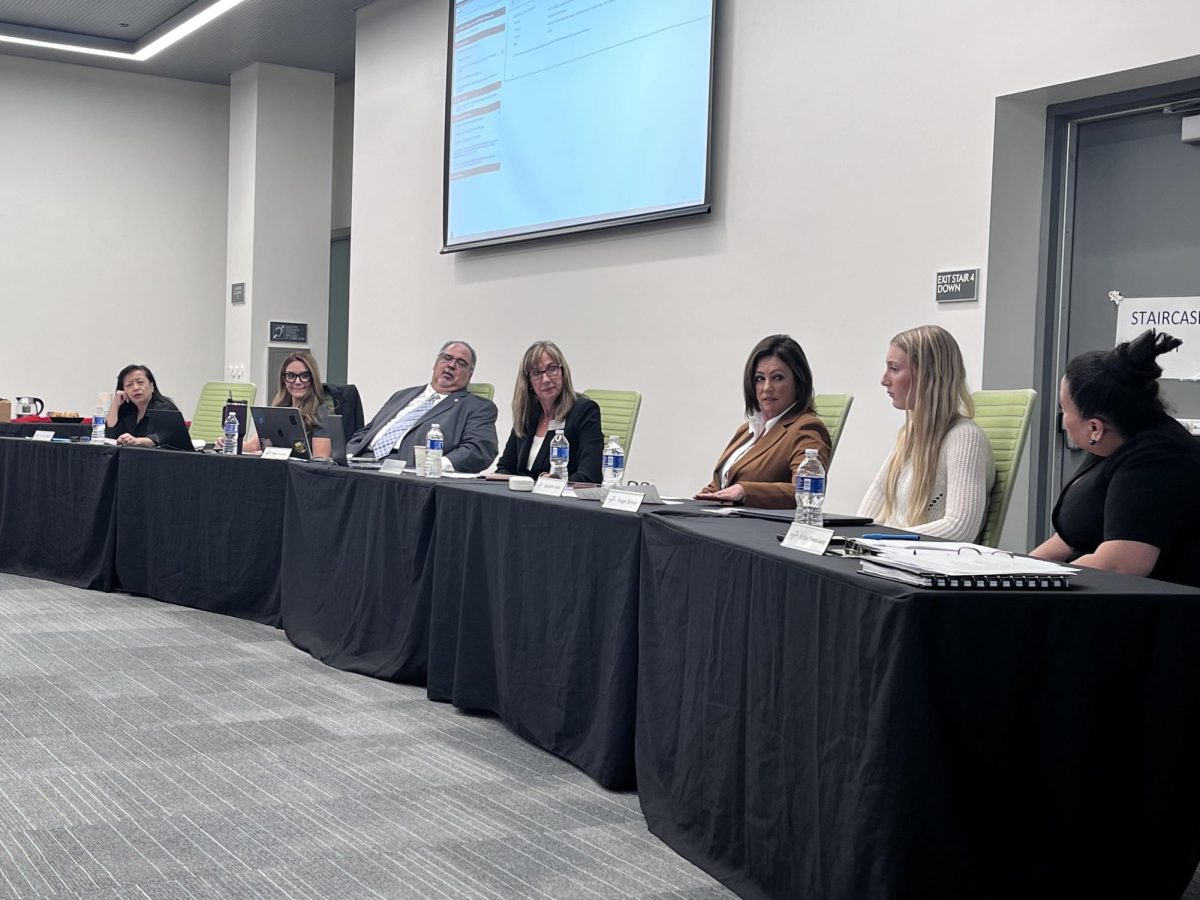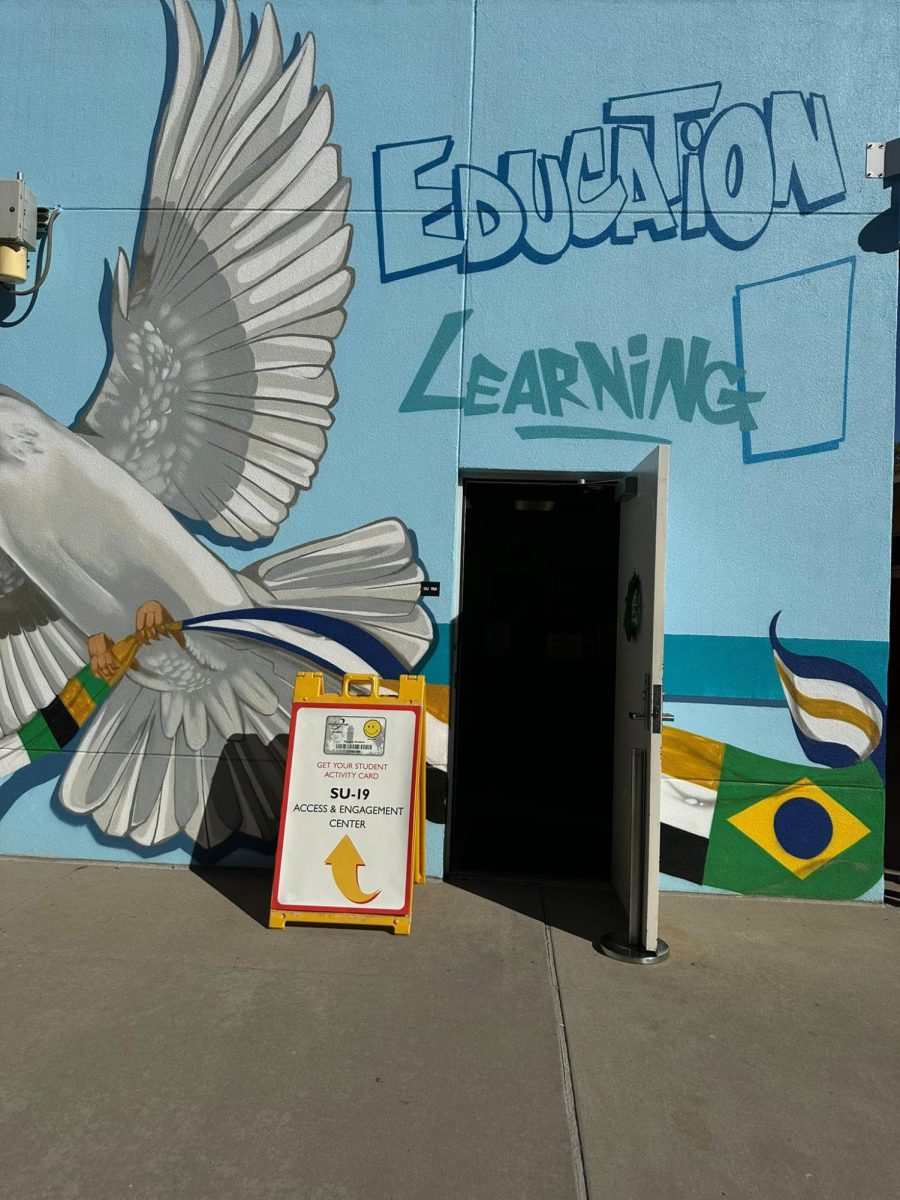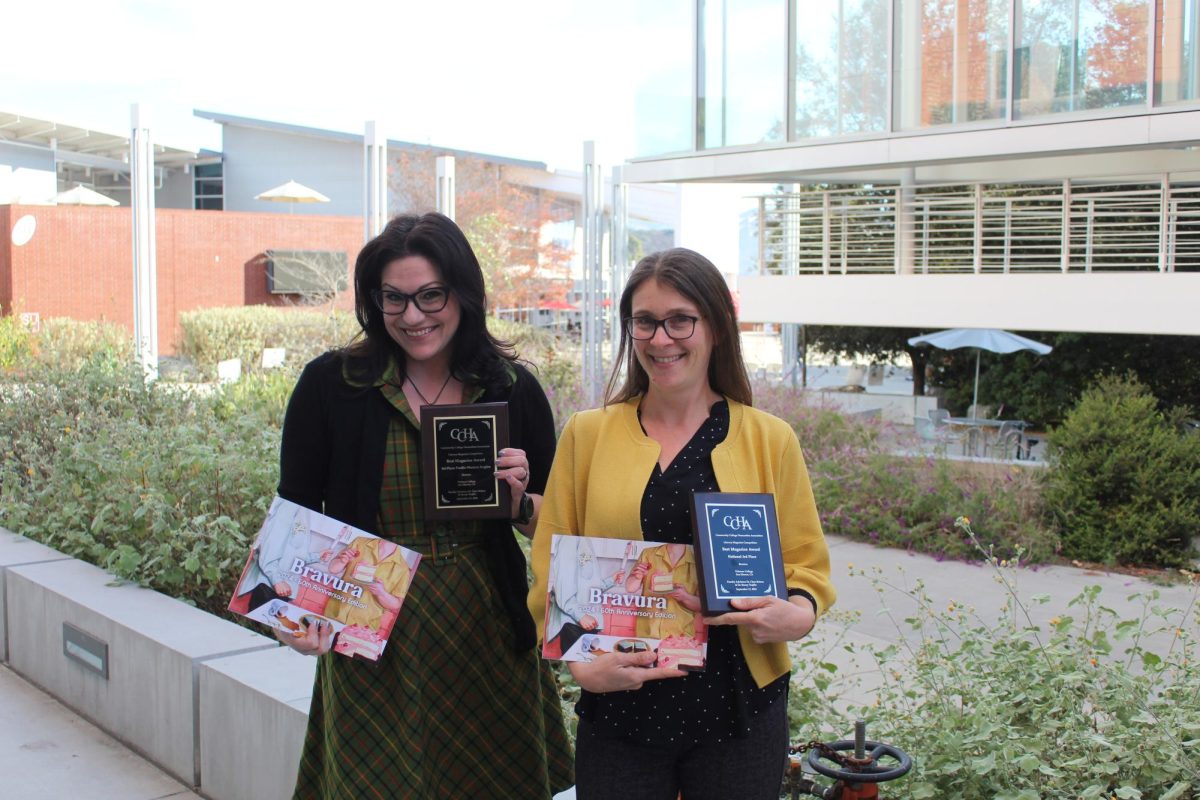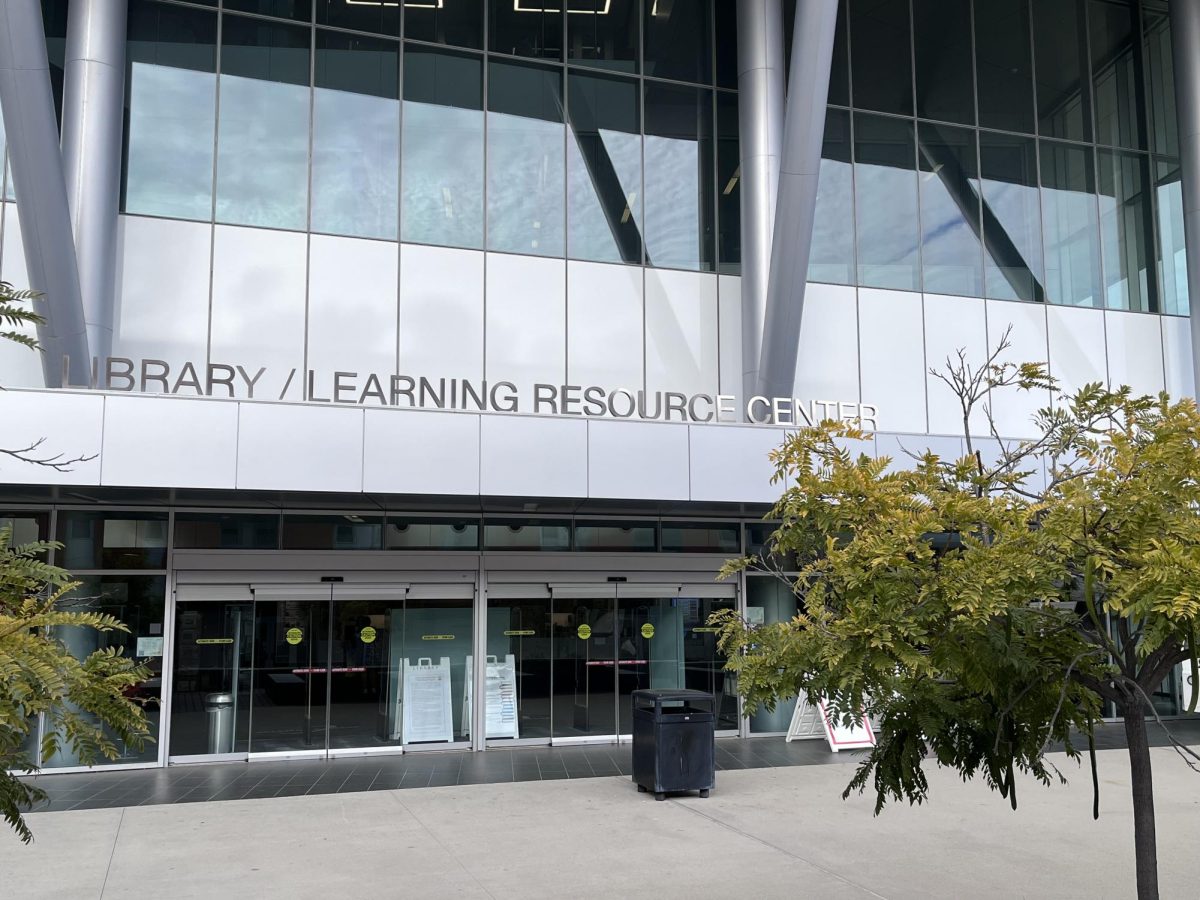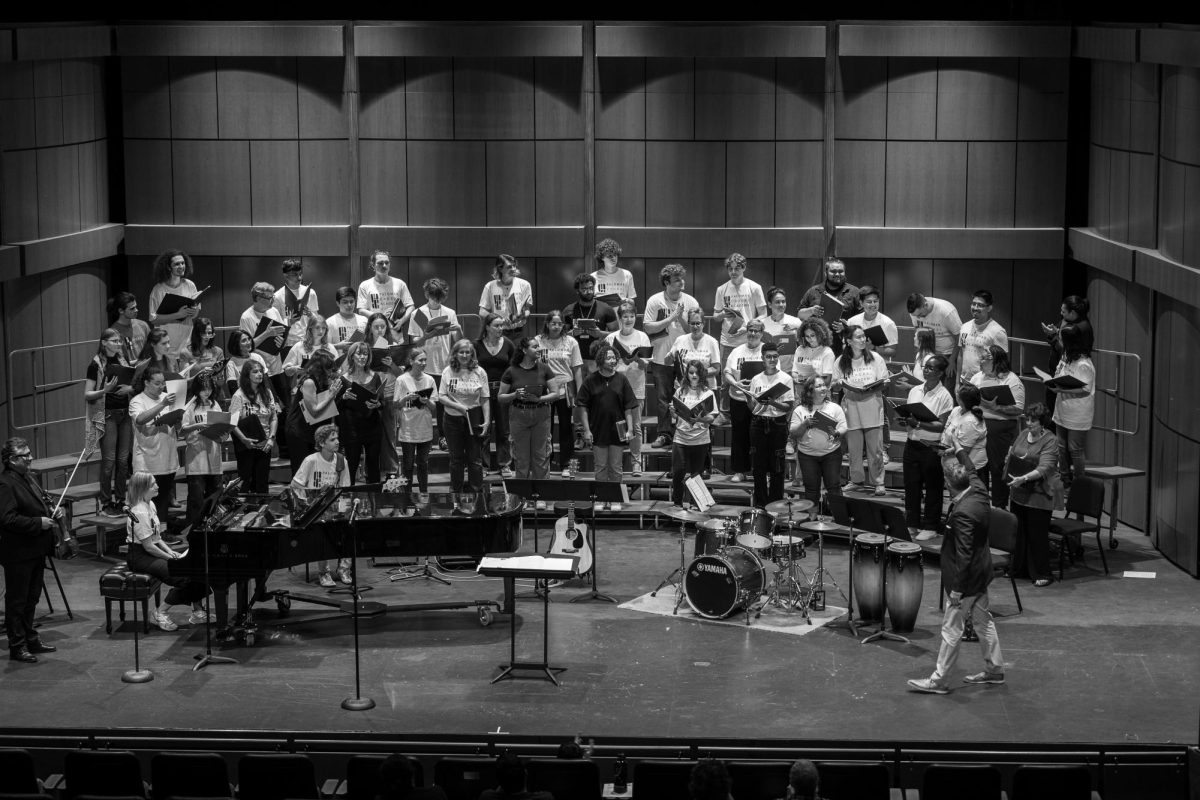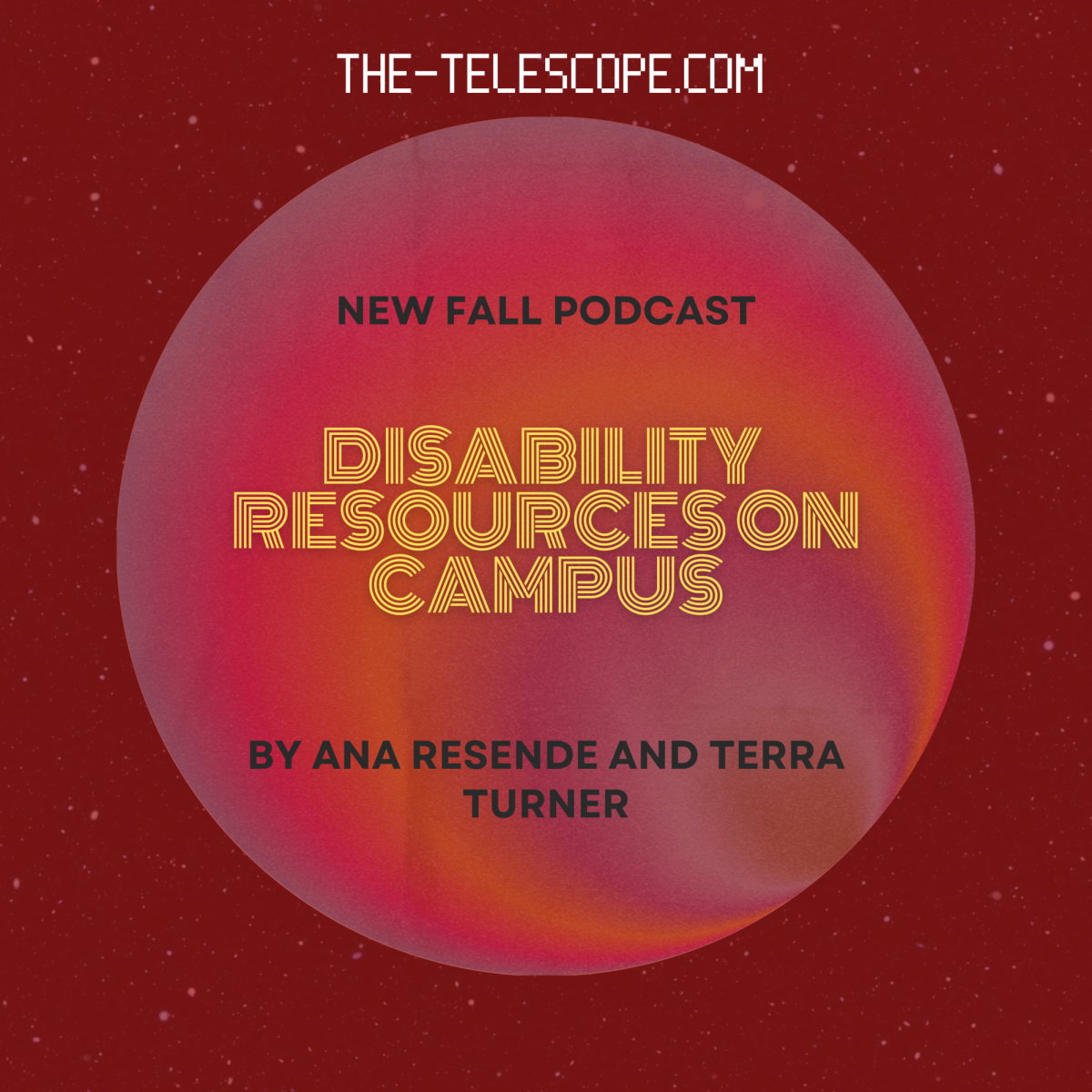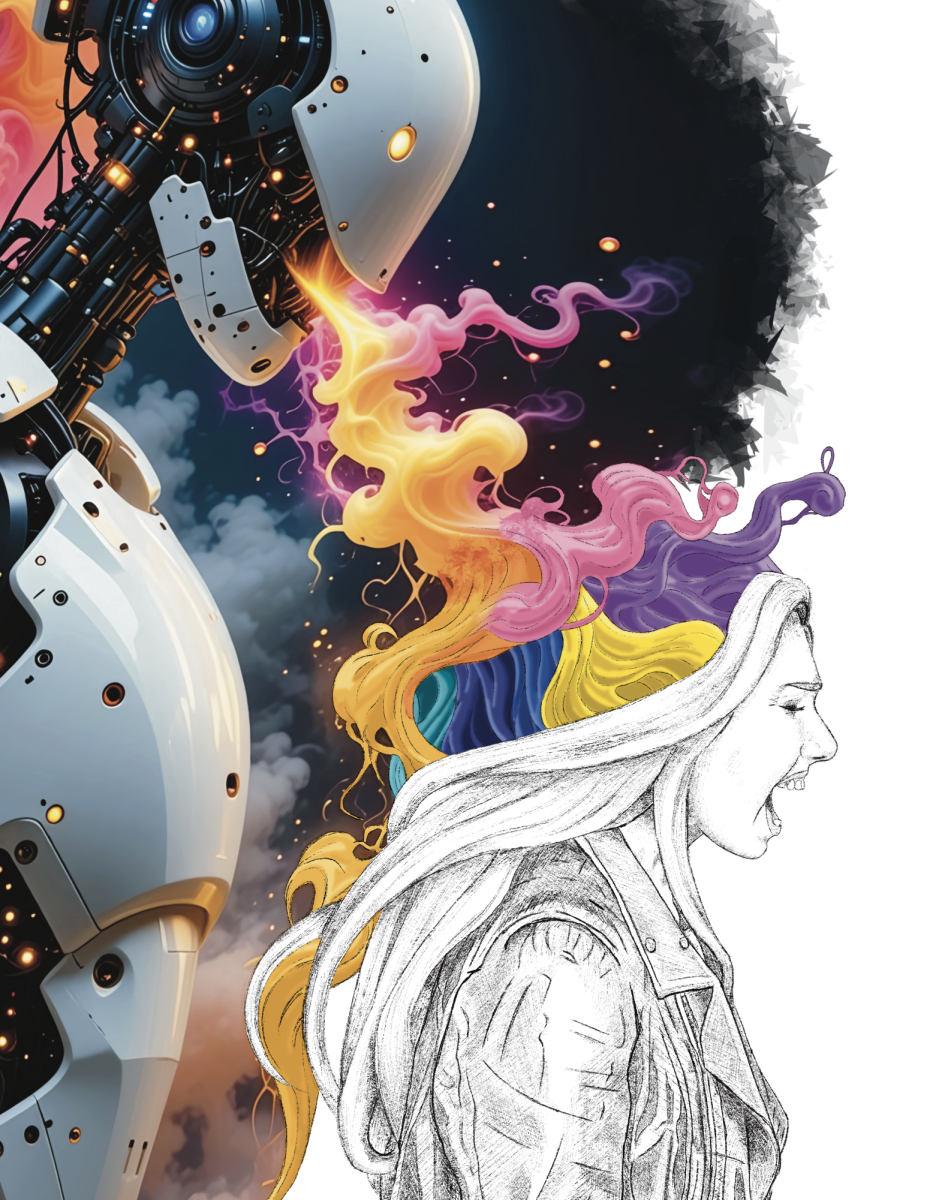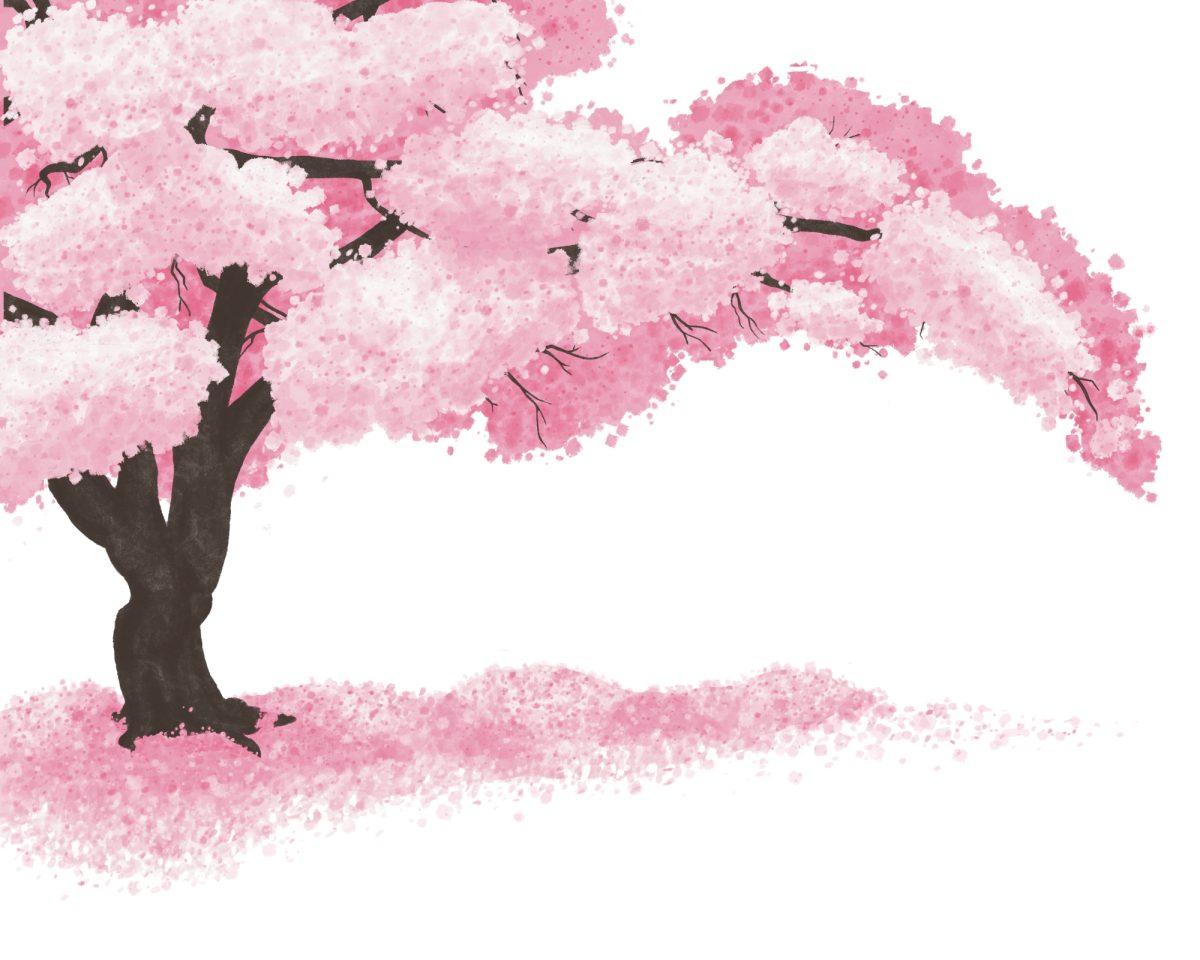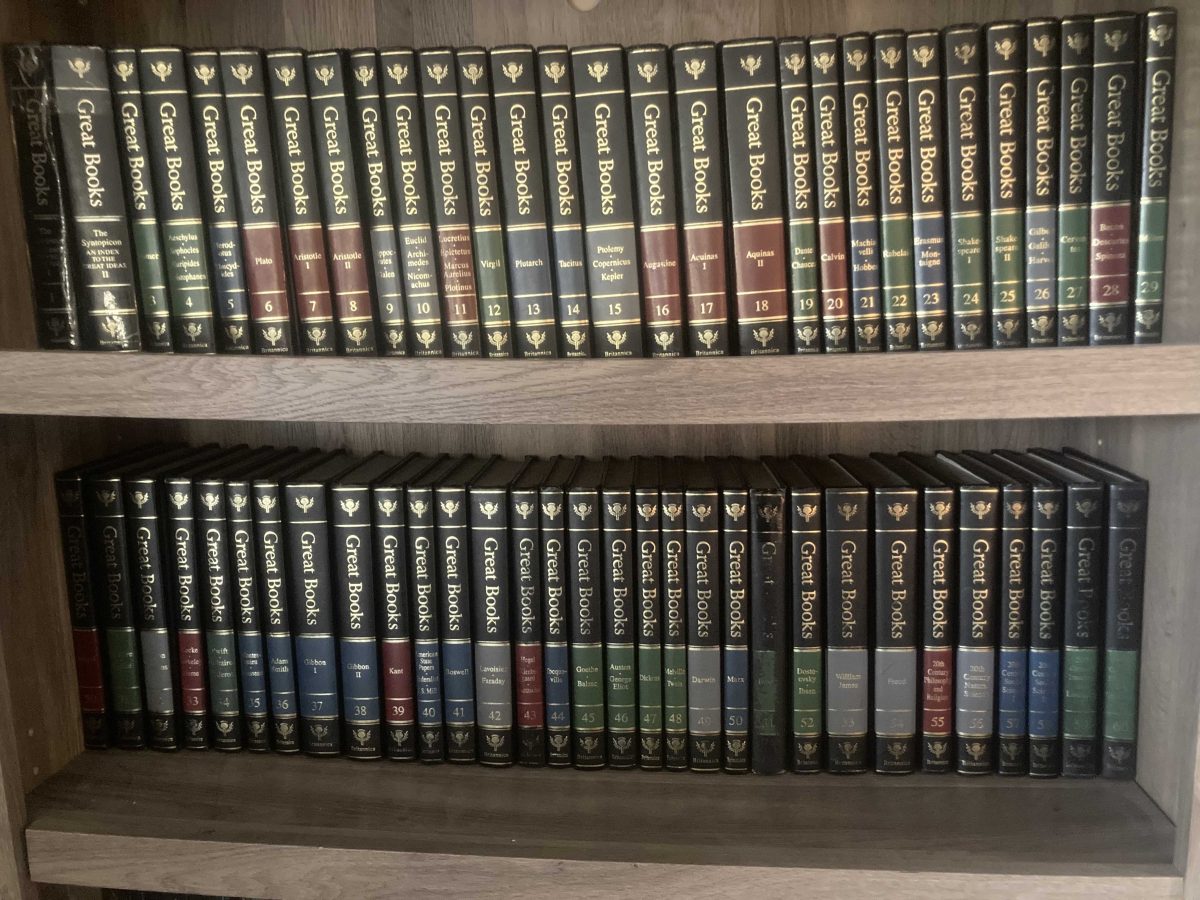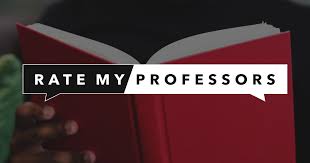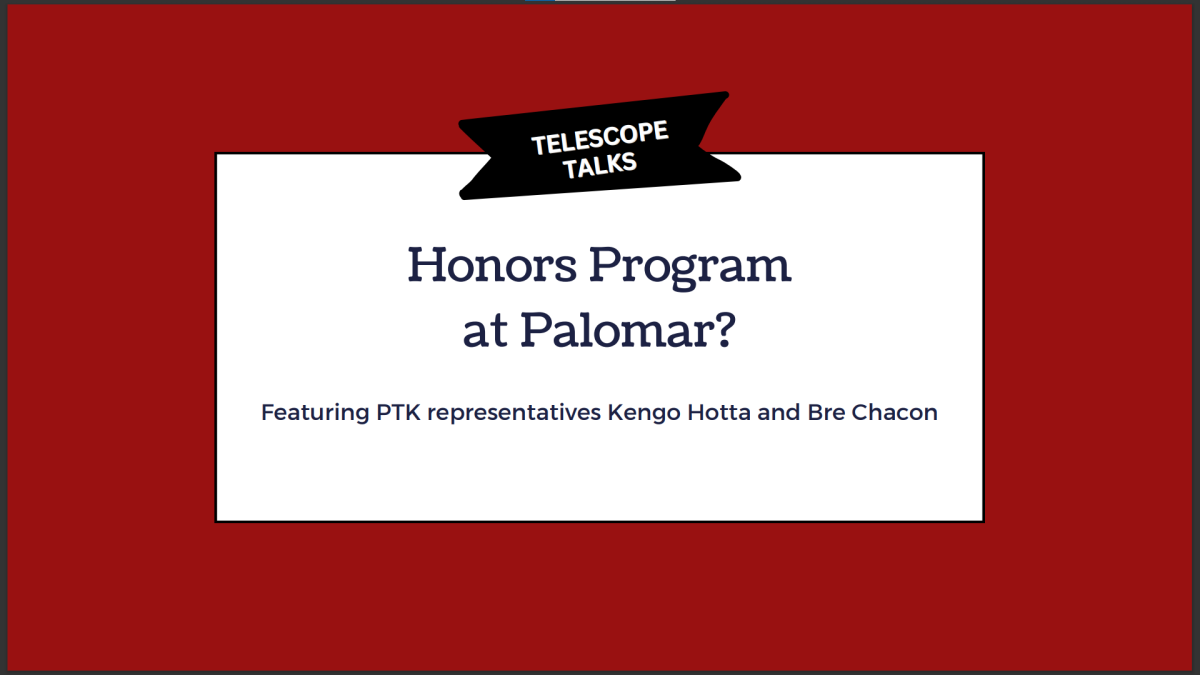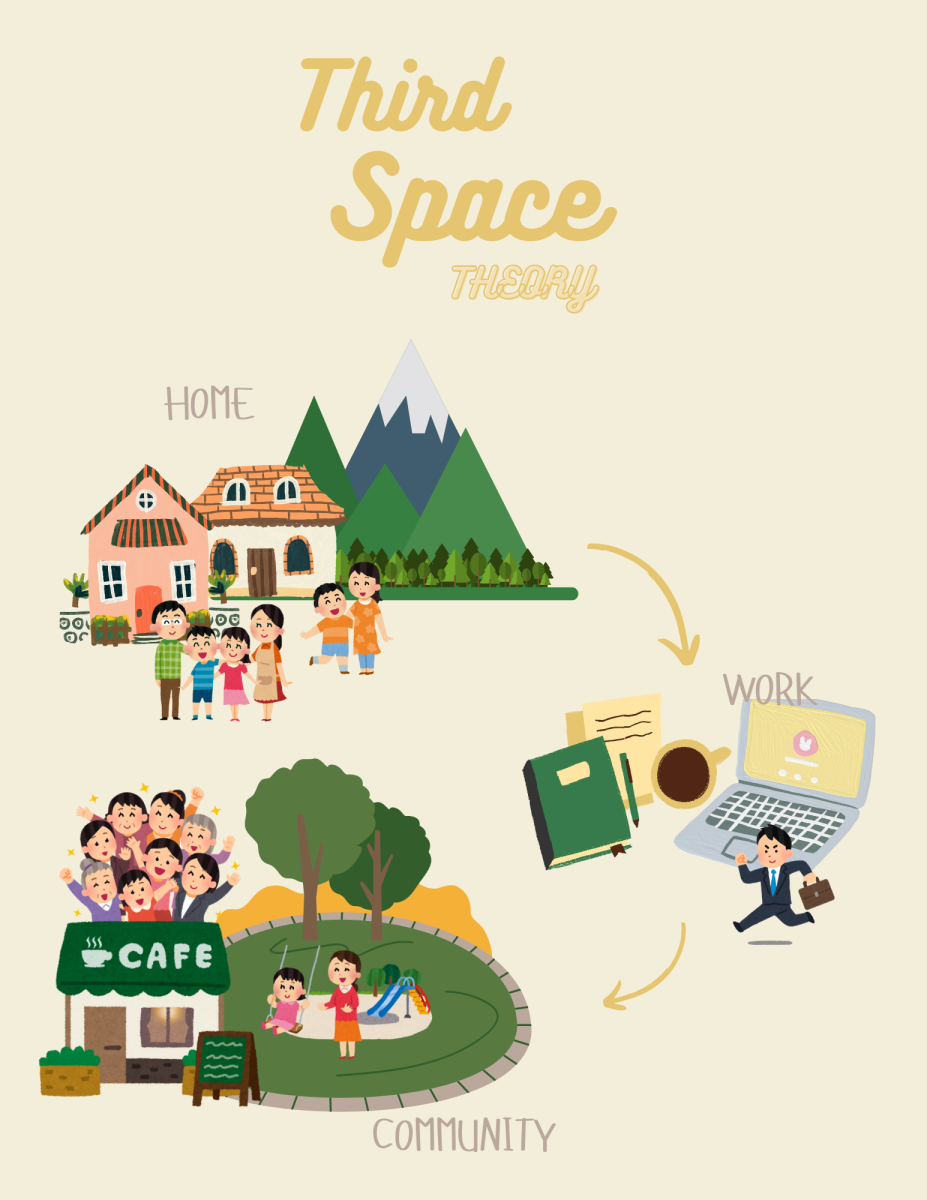The invention of the written word has revolutionized the world. But reading and writing, as we conceive of it today, has been a historical rarity.
Reading’s Historical Scarcity
In the ancient past, the ability to read was an activity reserved for a select few. The majority of people, if asked to discern meaning in a written text, would have been mystified. Since most people were illiterate, cultural tradition was transmitted orally. Even in ancient Greece and Rome, the fountainheads of Western philosophy and literature, literacy remained the privilege of an elite.
Reading began to become prevalent in society with the invention of the printing press in the 15th century, when books became affordable and widely available. Because of the newfound facility in obtaining written material, literacy rates burgeoned, eventuating in a body of the populace who came to be known as the reading class.
“Every society has some group of people—somewhere between a minuscule amount and half the adults—that read a lot in their leisure time,” said Wendy Griswold, a sociologist at Northwestern University who studies reading. Griswold calculates that 20% of adults belong to the U.S.’s reading class.
In the mid-19th through mid-20th centuries the number of people who avidly read books for pleasure reached its apogee. The proliferation of printing technology ushered in an era of reading in proportions like never before. Voracious readers of books who valued literacy as an ideal worth upholding formed the savvy literati and academic intelligentsia.
Then came television, the harbinger of the era to come, and literacy began its slow decline.
Book-Reading Today
The reading of books today appears to be in decline worldwide. And America is a case in point. According to a Gallup survey taken in 2021, Americans reported reading 12.6 books in the past year, fewer than any year Gallup measured since 1990. U.S. adults disclosed reading two to three fewer books in a year than they did in any year between 2001 to 2016.
Reading books seems to be declining as a preferred pastime in America. In 2020, Gallup found 6% of adults said reading was their favorite way of spending an evening, a number reduced by half since 2016.
College graduates show the greatest reduction in the number of books read. In a study published in 2000 by psychologists Colin M. Burchfield and John Sappington, 910 psychology students self-reported and took pop quizzes over a period of time. The number of students who “normally did the readings” was only 20%, as opposed to 80% 16 years earlier.
Overall, study time among college students has dropped to only one-third of the time devoted to it in reading’s heyday during the mid-20th century. The National Survey of Student Engagement began tracking students in the United States and found the average college student reads in the assigned reading for six to seven hours a week, down from 24 hours a week in the mid-20th century.
Intensive vs. Extensive Reading
So, if reading is down, why do we see so many people around us reading? After all, the Internet is thriving, offering unparalleled opportunities to read. The difference lies in the type of reading—the type of reading done less today is known as intensive reading. Reading today is less intensive and more extensive.
In the digital age, the desire to read intellectually challenging texts and comprehend the ideas purveyed therein has waned. Reading today, whether it be glancing at a text or combing through an academic journal, usually takes the form of scanning and speed reading. This type of reading is known as extensive reading.
According to an Article published in 2022 in Inside Higher Ed:
· “The kind of sustained engagement with lengthy and demanding texts that was identified with reading from the late 18th century onward has declined.
· “Much current reading takes the form of briefer bursts of scanning and panning.
· “A growing share of written communication takes the form of very brief texts.”
Intensive reading is a way of reading in which complete attention is paid to key words in a text in an effort to comprehend their meaning fully. The thought process involved necessitates total engrossment with a focus on minute detail to extract the essence of the work.
Reading intensively can be a meditative experience or a crucible. Either way it is one that is as much a process of reflection as of focused concentration, wherein the intensive reader dwells on sentence structures, muses on nuanced language and cogitates interrelationships between ideas to gain an intelligible understanding of the work.
With complete absorption in these ways, spontaneous insights arise which, when the reader steps away, undergo incubation resulting in a deep experiencing of the text. The reader transforms the meaning of the text into a feature of his or her interior life and under its influence the reader undergoes a transformation of self.
What Are Some Good Reasons to Read?
The old philosopher Socrates said, “Wisdom begins in wonder.” And wisdom can begin in reading books.
A 20th-century philosopher and editor of the 60-volume set, “Great Books of the Western World,” Mortimer J. Adler, wrote in his 1940 classic work on reading, “How to Read a Book: The Classic Guide to Intelligent Reading.”
“A good book can teach you about the world and about yourself. You learn more than how to read better; you also learn more about life. You become wiser. Not just more knowledgeable – books that provide nothing but information can produce that result. But wiser, in the sense that you are more deeply aware of the great and enduring truths of human life.”
The quintessential example of a reader who read intensively was Abraham Lincoln. His entire formal education–a week here, a month there–totaled less than a year. Yet he was a devoted autodidact, educating himself by reading books that were loaned to him.
Because books were few and far between, Lincoln would read a few books more than once, committing their content to memory. He felt the written word was the greatest of discoveries, declaring books to be “great in enabling us to converse with the dead, the absent, and the unborn, at all distances of time and of space.”
Lincoln read and contributed to the tradition embodied in books that itself reads like a great conversation among its authors. Attending to this dialogue can help us by improving our written and interpersonal communication, catalyzing critical thinking while fostering empathy for others.
But the benefit of intensive reading is not merely pragmatic. Reading intensively allows the reader to garner wisdom that not only assists with practical decision-making but also promises to culminate in a consummate contemplative life—either in this life or the next.

